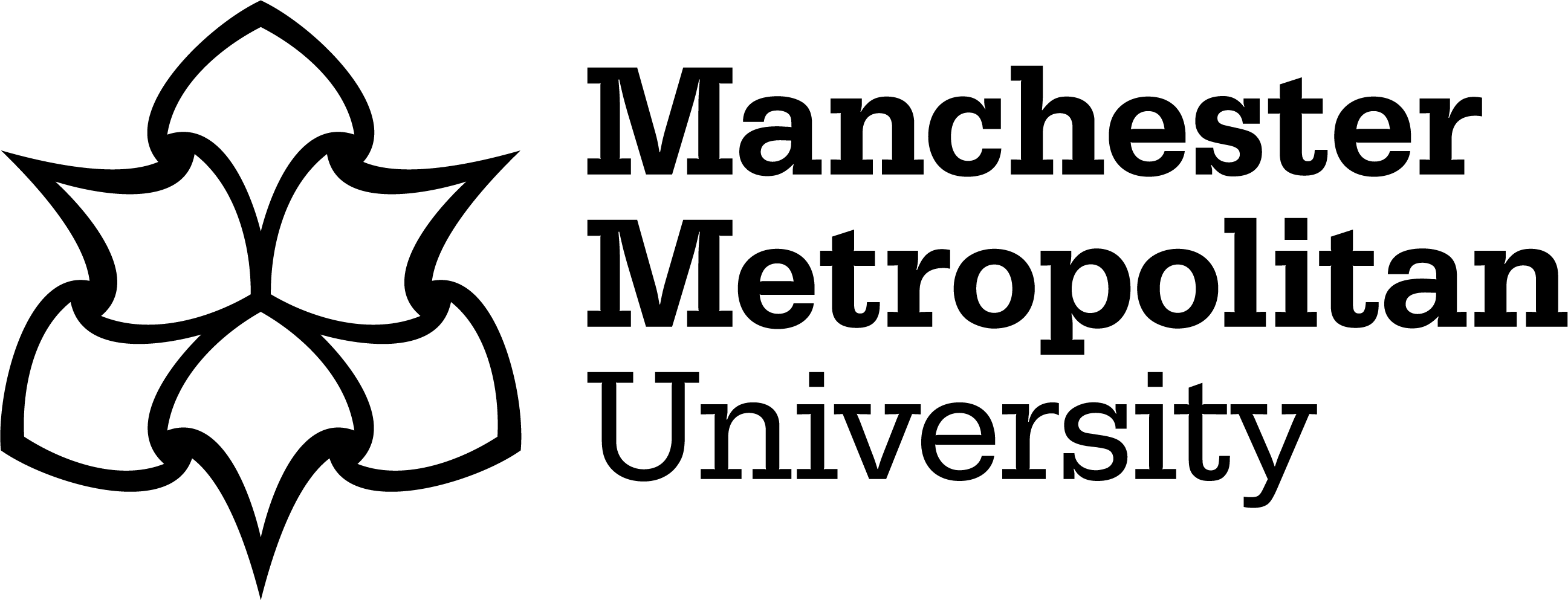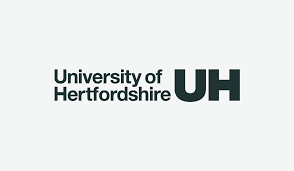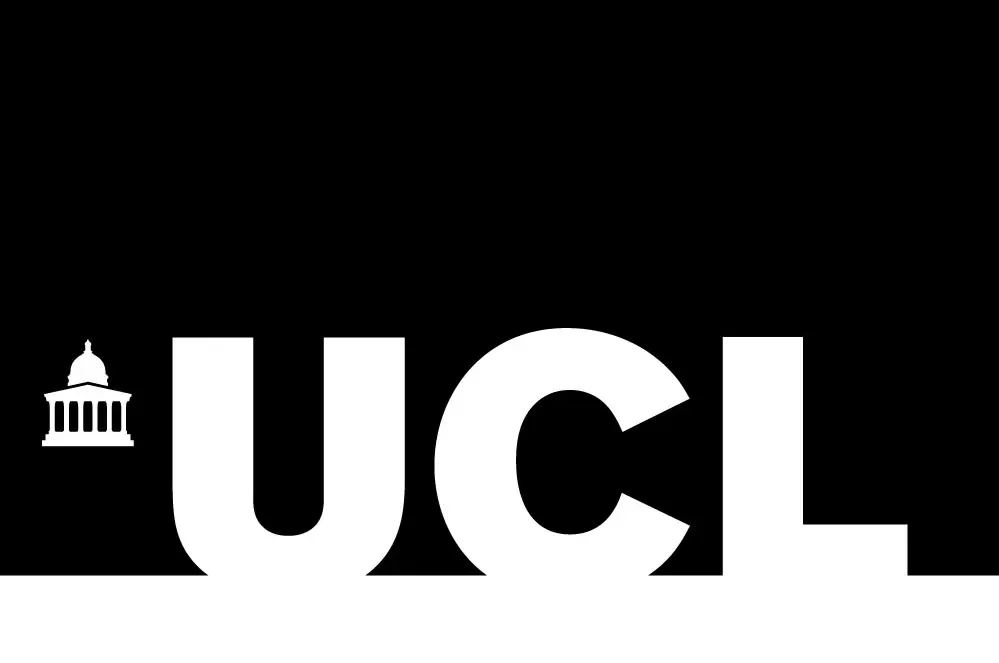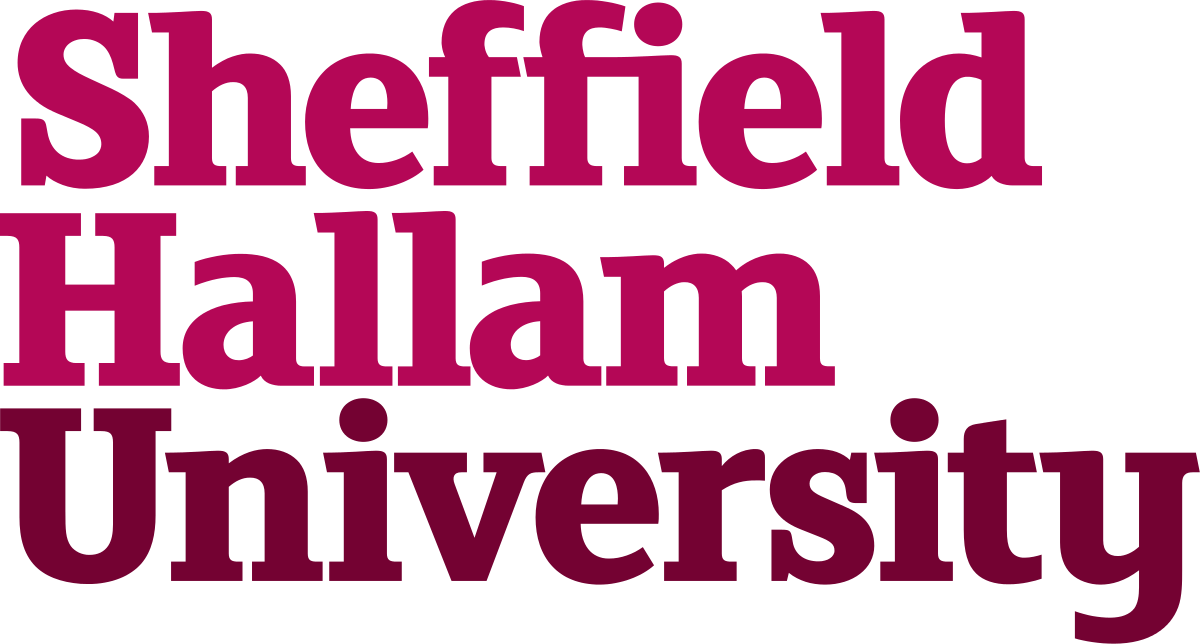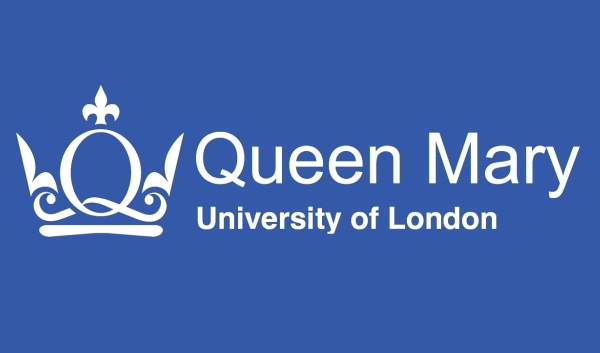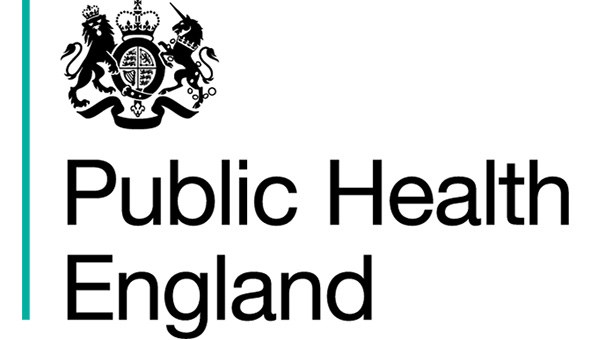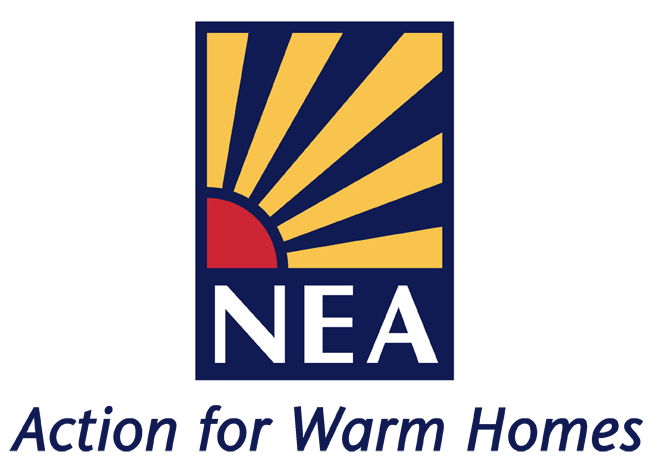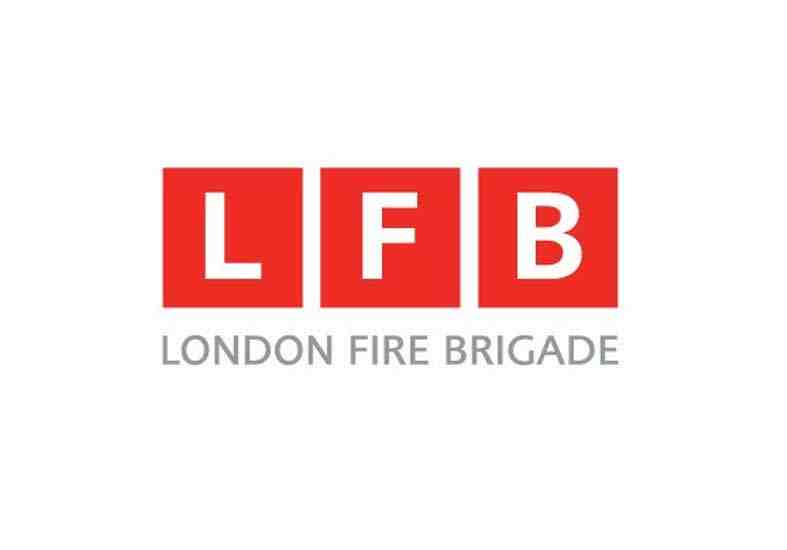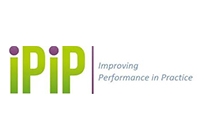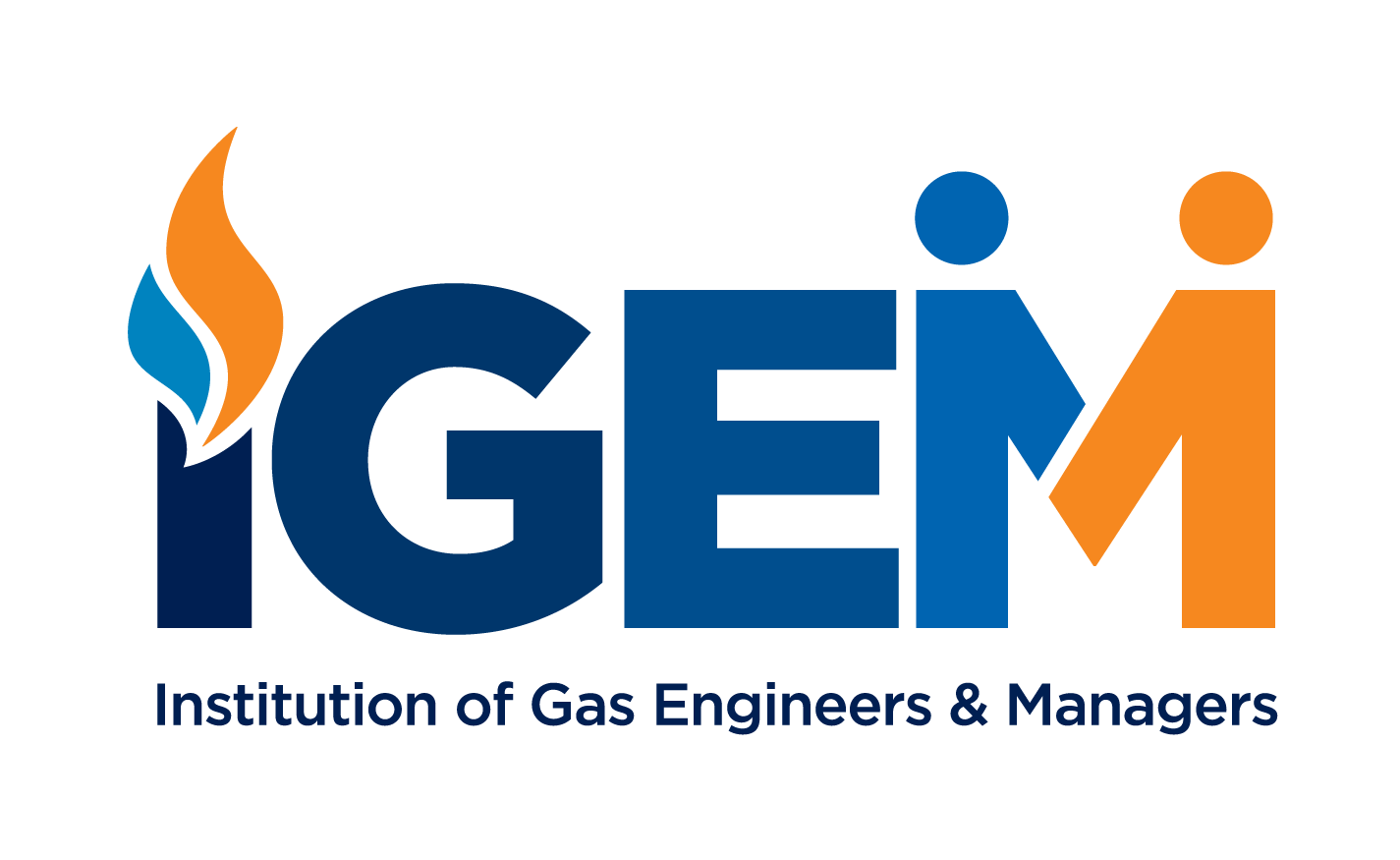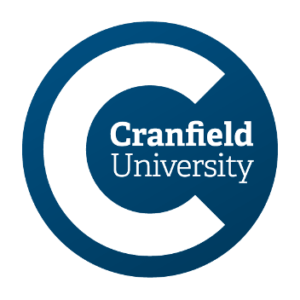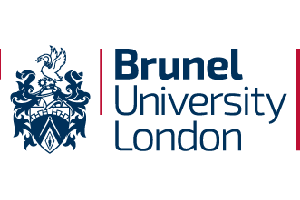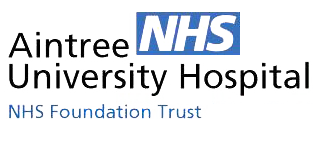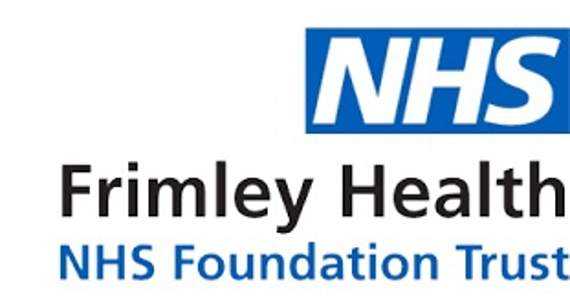In Liverpool a Local Authority Traveller site with 14 pitches, accommodates approximately 50 people, in an area of high deprivation. As such, they are a group who are vulnerable in terms of health and life expectancy. Additional vulnerabilities may be present with regards to their knowledge and awareness of the dangers of carbon monoxide (CO), as anecdotal evidence seems to suggest that a substantial number of people have had some experience of issues with CO.
There is, however, scant research into any aspect of this community, and none in relation to CO. These Travellers use bottled gas for heating and cooking purposes, and therefore they may be unwittingly at risk of CO exposure, however it is hoped that they will gain knowledge about CO throughout this study.
As a community, the Travellers work closely with a bridge-builder organisation, Irish Community Care (ICC). ICC support members of the Traveller community who may be vulnerable through age, poor health, isolation, low income, poor accommodation, homelessness, drug and alcohol misuse, social exclusion, racism and discrimination.
Their work includes drop-in and outreach services to people’s homes, hospitals and prison. ICC will broker relationships between LJMU and the Travellers. Discussions with staff at ICC will give an insight into the local community.
The research will take place using the following steps:
- A simple, one-off recorded semi-structured interview with Travellers exploring their knowledge of CO, and how this could be improved in the community; interviews will take place on ICC premises in the presence of a key worker
- Investigation into ambient levels of CO through the use of data-loggers (also recording the type of caravan, gas supply and gas fittings for each)
- Engagement with participants to discuss findings and create a booklet about CO safety to disseminate information, to be launched at an event at ICC premises – these activities form the PAR elements of the research. The booklet cover would be designed by a Traveller (a competition to determine the winner will be held to decide this)
Any research with vulnerable groups needs to be inclusive and respectful of its participants, with research being seen to be done ‘with’ and ‘for’ individuals and communities, rather than ‘to’ or ‘on’ them.
PAR is mindful of worldviews while enhancing community cohesion and trust between parties to the research – that is, adhering to the principles of intercultural research practice, and ensuring that ‘voices’ speak directly to readers of the research. It has a substantial history of involvement in research conducted with groups that are not seen as having ‘voice’ that delivers transformative outcomes – it is hoped that Travellers will be able to protect themselves from CO exposure by using the knowledge that is generated by the data from this study.
Travellers are in a context of having low and declining levels of social inclusion, with concomitant levels of access to traditional employment, training and education, and thus they experience poorer life chances and suffer greater health inequalities.
This study has received ethical approval from the LJMU Research Ethics Committee.



